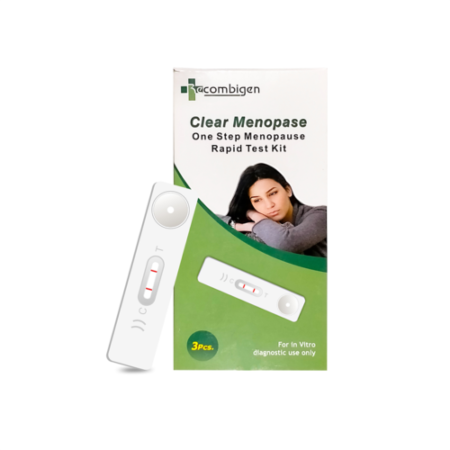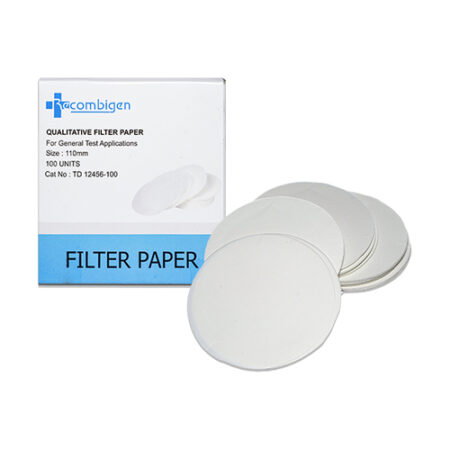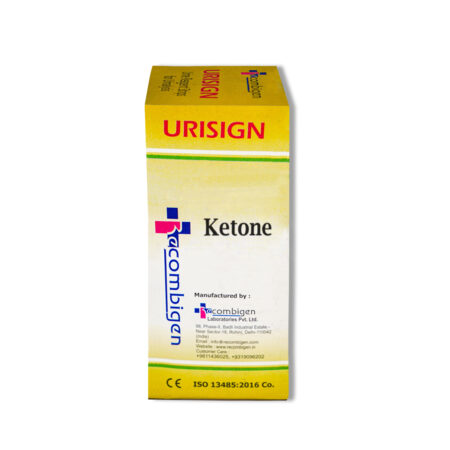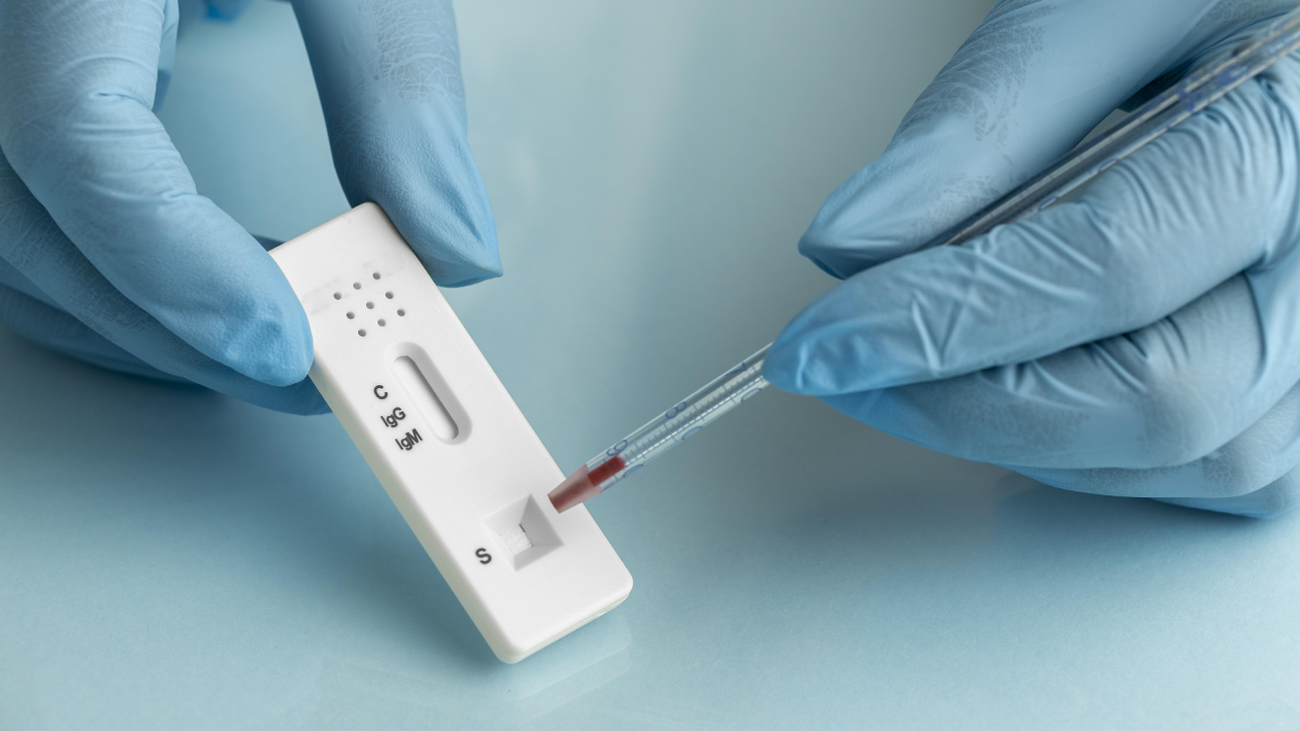In recent years, rapid test kits have emerged as a game-changer in the world of healthcare. These innovative diagnostic tools have revolutionized the way we detect and manage diseases, providing quick and accurate results that are essential for timely treatment and containment. In this blog, we’ll explore the fascinating world of rapid test kits, their significance, and the diverse range of applications they encompass.
What Are Rapid Test Kits?
Rapid test kits, also known as rapid diagnostic tests (RDTs) or point-of-care tests (POCT), are medical devices designed to deliver fast and reliable diagnostic results outside of traditional laboratory settings. These tests are easy to use, require minimal training, and often provide outcomes within minutes, making them invaluable in various healthcare scenarios.
“Speed meets precision with Rapid Test Kits, putting vital health information in your hands within minutes.”
Applications of Rapid Test Kits
1. Infectious Diseases Detection: Rapid test kits have played a pivotal role in the detection of infectious diseases, especially during outbreaks. They are instrumental in identifying diseases like HIV, hepatitis, malaria, and dengue, enabling timely treatment and preventing their spread.
2.Pregnancy Testing: Home pregnancy test kits are a common example of rapid diagnostics. These user-friendly devices have empowered individuals to determine pregnancy status conveniently and confidentially.
3. Blood Glucose Monitoring: People living with diabetes rely on rapid test kits for monitoring blood glucose levels. These devices enable individuals to make immediate adjustments to their insulin or dietary intake as needed.
4. Cardiovascular Health: Point-of-care tests are used to assess cardiovascular health markers, such as cholesterol levels and troponin, aiding in the prompt diagnosis of heart conditions.
5. Drug Testing: Rapid drug test kits are employed by employers, law enforcement agencies, and healthcare providers for quick and accurate screening of drug use.
6. Allergy Testing: Rapid allergy tests help identify specific allergens, enabling healthcare professionals to recommend appropriate treatment and allergen avoidance strategies.
| Products Detail | ||
| Dengue Test Kit | 10 | 10 |
| Pragnacy Test Kit | 10 | 10 |
| Malaria test Kit | 10 | 10 |
| Urisign test Strips | 10 | 10 |
Benefits of Rapid Test Kits
* Speed: Rapid test kits deliver results swiftly, allowing for immediate decision-making in clinical settings.
*Accessibility: These tests can be administered in various healthcare settings, including remote and underserved areas, making healthcare more accessible.
*Cost-Efficiency: Rapid diagnostics can reduce the overall cost of healthcare by minimizing the need for follow-up appointments and laboratory testing.
*Early Intervention: Early detection of diseases through rapid test kits improves treatment outcomes and reduces the risk of complications.
*Privacy: Some rapid tests, like home pregnancy tests, offer a private and discreet way to access critical health information.
Challenges and Considerations
While rapid test kits offer numerous advantages, they also come with challenges. Ensuring the accuracy and reliability of these tests is crucial. Regulatory oversight and quality control measures are essential to maintain the integrity of rapid diagnostics.
In conclusion, rapid test kits have reshaped the healthcare landscape by providing quick and reliable diagnostic solutions. Their applications span across various medical disciplines, from infectious disease management to chronic condition monitoring. As technology continues to advance, we can expect even more innovations in the field of rapid diagnostics, further enhancing our ability to detect, treat, and prevent diseases effectively.






Leave a comment